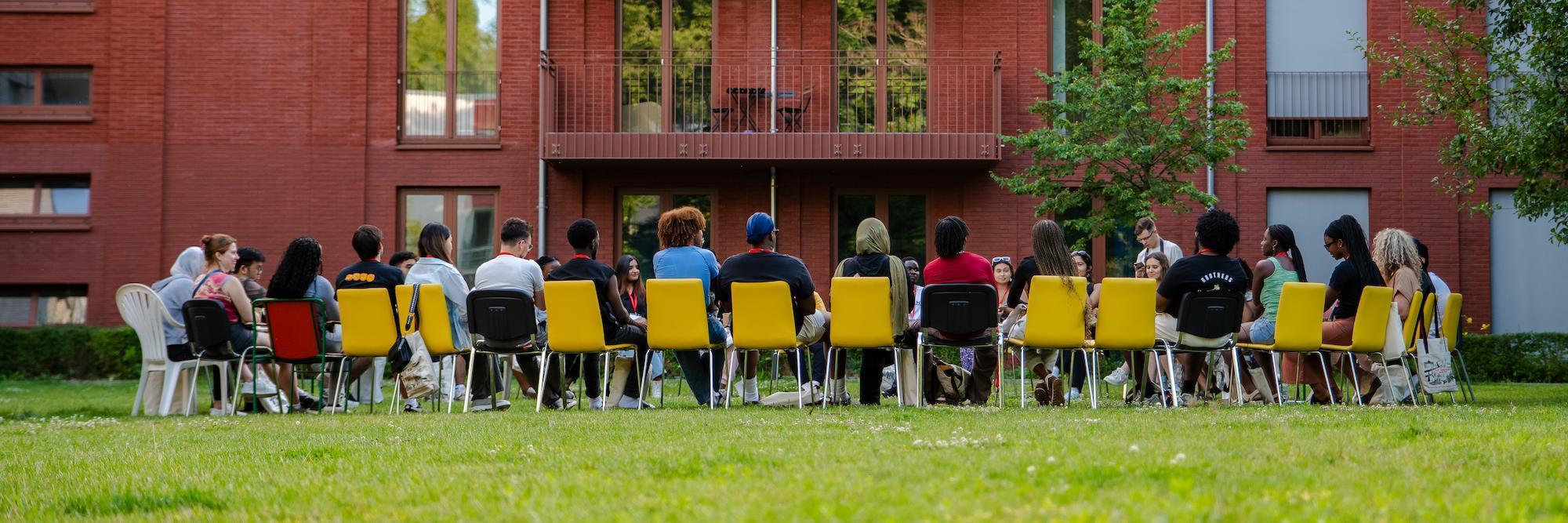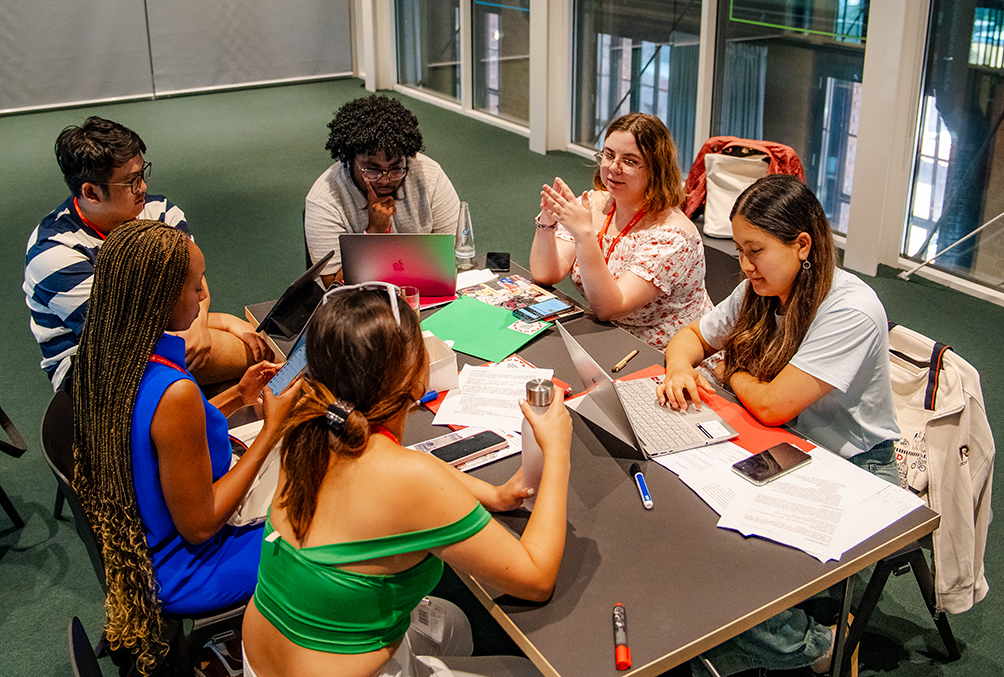What Can We Do Together That We Can't Do Alone?
Since its establishment in 2020, the Open Society University Network (OSUN) has successfully developed, at scale, a new model of global higher education that provides unrivaled opportunities for undergraduate students to pursue global learning with faculty from around the world. These opportunities bring together students from a diversity of geographies and backgrounds and fully integrate displaced and other marginalized students into partner institutions. The OSUN model is grounded in reciprocal relationships with a shared commitment among partners to build resilient institutions that cherish academic freedom and prepare students to address fundamental global challenges, such as climate change, inequalities, and human rights, as thoughtful and engaged citizens.

